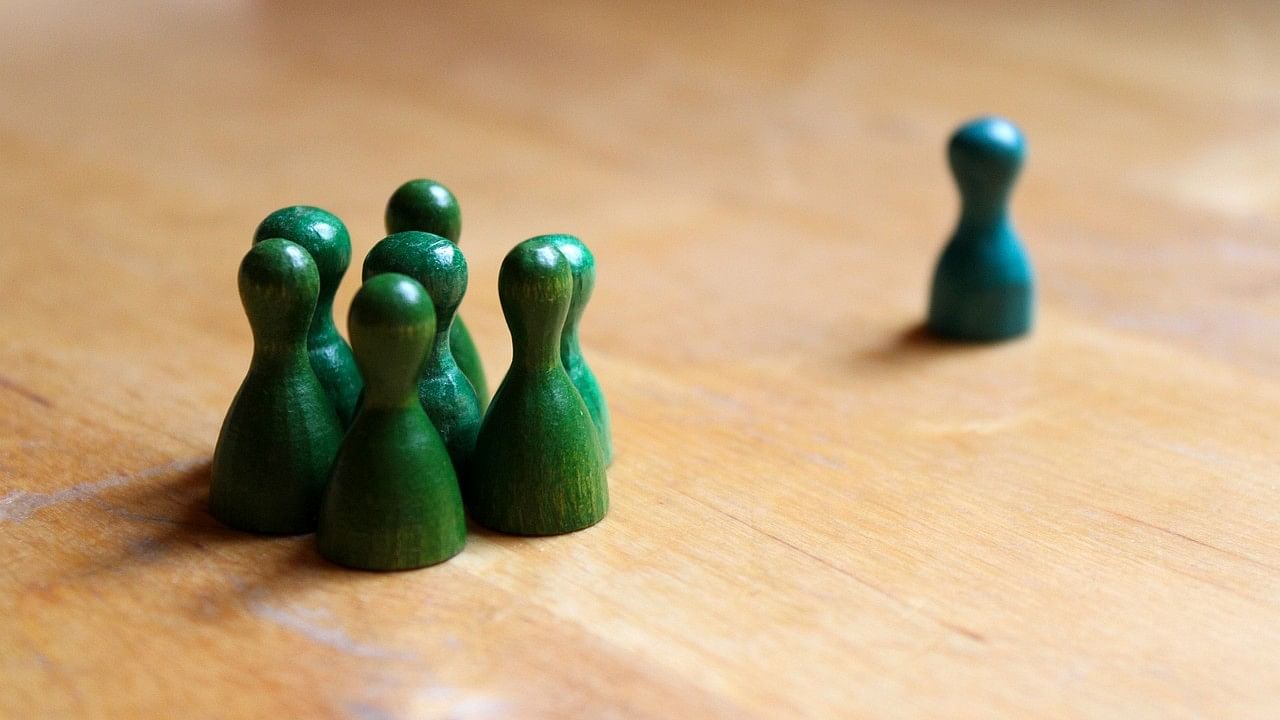
Representative image.
Credit: Pixabay Photo
Discrimination against Dalits and atrocities against them have been a continuing shame in the country and they have happened in every state and region. A spate of recent incidents from different parts of the country show that the prejudices are ruling strong and new ways of harassment and punishment are being found and used against Dalits who dare to affirm their equal rights, which upper castes consider offensive conduct on the part of the Dalits. It is considered an offence if a Dalit boy falls in love with a girl of a higher caste, if a Dalit groom rides a horse, if Dalits enter temples or take water from common wells. In the last few days, a Dalit student died after being harassed by teachers over caste, a teenager was killed after his sister filed a sexual harassment complaint, and four Dalit men were hung upside down from a tree and beaten with sticks over mere suspicion that they stole a goat. In Karnataka, there were two recent cases of fathers killing their daughters after they fell in love with Dalit boys.
These incidents could happen in any place. The prejudices are considered to be strong in villages, but they are present in cities, too. In Gujarat, Ahmedabad tops in cases of atrocities. Among states, UP has recorded the most number of atrocities, according to National Crime Records Bureau (NCRB) data. Both SCs and STs are victims of harassment and atrocities. In most states, including UP, the crimes are on the rise. The figures may not represent the actual situation because a large number of these crimes are not recorded. Many from the Dalit community are afraid to make a complaint because that might invite retribution. The police and the law enforcement system are often biased and are on the side of the oppressors. That is why the conviction rate in cases of atrocities is low. The conviction rate for crimes committed against women and minor girls from the Scheduled Castes, according to NCRB data from 2017 to 2019, is just 27 per cent.
Untouchability was abolished in the country in the wake of Independence. The country has seen many social movements and campaigns to give equal status to Dalits even from pre-Independence days. The SC and ST (Prevention of Atrocities) Act was legislated in 1989 to deal with offences against Dalits more effectively than in the past. There is political support for the idea of ensuring that Dalits get equal rights in all respects, but it is not always translated into practice. There is the need for persistent social campaigns, genuine political support, and strict enforcement of the law if the entrenched prejudices and biases are to be fought and defeated.